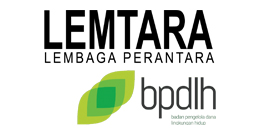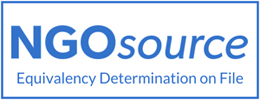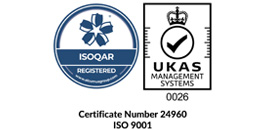Funded by
USAID
Document
Cooperative Agreement No. 72049724CA00002
Budget
USD. 15.000.000
Period
March 7, 2024 – March 6, 2029
Description
The Public Health Care (PHC) approach, according to WHO (2022), serves as the cornerstone for Universal Health Coverage (UHC), enabling countries to optimize the level and equitable dispersion of public health and well-being. It achieves this by focusing on the needs and preferences of individuals and communities as early as possible and throughout the life cycle of services.
Starting in 2023, Kemenkes has been conducting an Integrated Public Health Care (I-PHC) trial by revitalizing the role of Posyandu and Puskesmas in 9 regencies/cities across Indonesia. The trial incorporates three fundamental elements of I-PHC: 1) Providing services throughout the life cycle; 2) Enhancing the accessibility of services at the community level, with a strong focus on promotive and preventive measures; 3) Implementing PWS through village-level dashboards and home visits. Over the next 3 years, Kemenkes plans to expand the I-PHC program to encompass 40 regencies/cities.
Penabulu Foundation identifies potential challenges that may arise during the development and implementation of the I-PHC program. These challenges encompass various areas, including policies and regulations, cross-sector roles, facilities and infrastructure, human resources, data management and presentation, individual empowerment, community participation, and integration within the village development system.
Penabulu Foundation, with support from USAID, will undertake the INTEGRASI project to support Kemenkes in achieving the goal of improving the health status of Indonesian citizens within an equitable and resilient health system. The project aims to assist the GoI in enhancing the national and sub-national PHC systems. It will do so by providing strategic, responsive, and coordinated technical assistance to develop, implement, and innovate reforms that lead to improved health outcomes for Indonesians across their life cycles.
Through a 5-year Activity, INTEGRASI will operate in 20 districts/cities within North Sumatera, Banten, and potentially other provinces as agreed upon with USAID and key stakeholders. To support the three key elements of I-PHC, INTEGRASI employs two intervention streams: 1) strengthening Posyandu and cadres under the village leadership framework and 2) expanding the reach of Puskesmas services through the establishment/revitalization of Pustu under the framework of health services provided by the district/city Dinkes. The project aims to achieve at least three IRs to fulfill its objective, which include enhancing sustainable access to quality service delivery across the continuum of care/life cycle, improving I-PHC learning for program and policy enhancement, and enhancing the management and performance of the health system to enable and sustain I-PHC in Indonesia.
The INTEGRASI will address the challenges identified by the Penabulu Foundation in implementing the I-PHC model, with a particular focus on those associated with the role of civil society. The INTEGRASI project aims to support the GOI in enhancing national/sub-national primary healthcare systems. It achieves this objective through strategic, responsive, and coordinated technical assistance to develop, implement, and innovate reforms that lead to improved health for Indonesians across the lifecycle.
Funding
This program is supported by USAID based on Cooperative Agreement No. 72049724CA00002 period from March 7, 2024 – March 6, 2029 with a total funding support of USD. 15.000.000, Work location in North Sumatra and Banten Province




